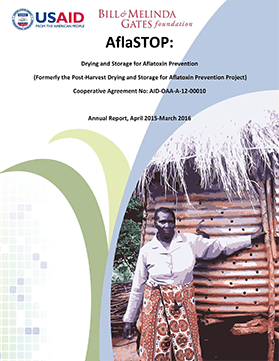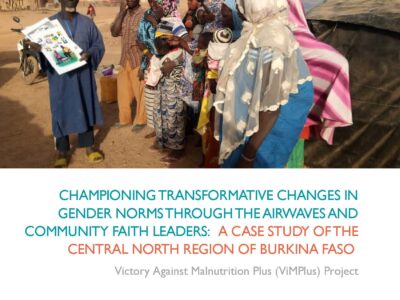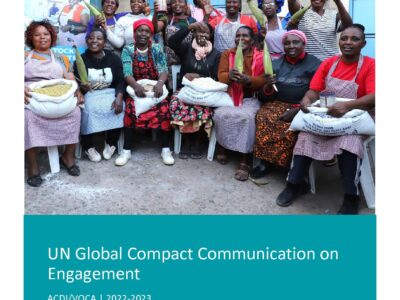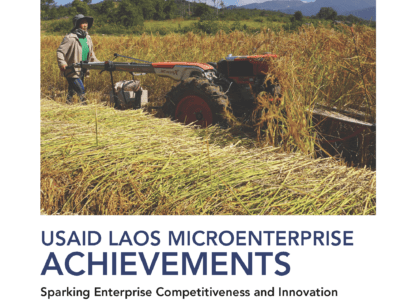
AflaSTOP aims to develop and commercialize technologies for post-harvest storage and drying of staple grains to help prevent and control the incidence of aflatoxin. Aflatoxin is a highly toxic substance caused by growth of Aspergillus fungi. The toxin is known to cause cancer, immune-system suppression, growth retardation, liver disease, and death in both humans and domestic animals. Aflatoxin affects many important food crops in sub-Saharan Africa. Aflatoxin threatens efforts in sub-Saharan Africa to achieve agricultural development, food security and better health.
The AflaSTOP project will identify and develop commercialization strategies for existing, commercially viable, small-scale storage devices and develop new low cost drying technology that will either be affordable to the farmer as an investment or as a service. Storage and drying technology will also reduce post-harvest losses and improve crop handling and management practices. AflaSTOP is using a marketled approach, and is coordinating closely with the Partnership for Aflatoxin Control in Africa (PACA). AflaSTOP will promote the scaling-up of proven technologies across Sub-Saharan Africa by synthesizing and distributing lessons learned to different countries.
USAID and the Bill & Melinda Gates Foundation (BMGF) are funding the AflaSTOP project through a Global Development Alliance (GDA). Meridian Institute, ACDI/VOCA and Agribusiness Systems International (ASI) are implementing the project (the Implementing Partners). In this annual report, the Implementing Partners report on progress since the previous annual report, submitted in April 2015.
PROJECT ACCOMPLISHMENTS IN 2015
In this reporting period, AflaSTOP progressed in several objectives including:
- Key Activity 1 – Identify commercially viable small scale storage technology: Completed Phase 1 (off-farm testing of storage devices)
- Key Activity 1 – Identify commercially viable small scale storage technology: Continued Phase 2 (on-farm testing of storage devices)
- Key Activity 2 – Identify commercially viable drying technology: Completed the final design of the shallow bed portable batch dryer
- Key Activity 3 – Commercialization of Project Technology: Commenced development of commercialization strategies for project technologies
- Key Activity 4 – Synthesize and Distribute Lessons Learned: Released the first two issues of the AflaSTOP periodic newsletter to almost 400 subscribers
- Key Activity 4 – Synthesize and Distribute Lessons Learned: Received USAID’s Collaborate, Learn, Adapt (CLA) award
- Key Activity 5 – Expanding Technology to Different Countries: Commenced expansion of technology to Rwanda and Tanzania








